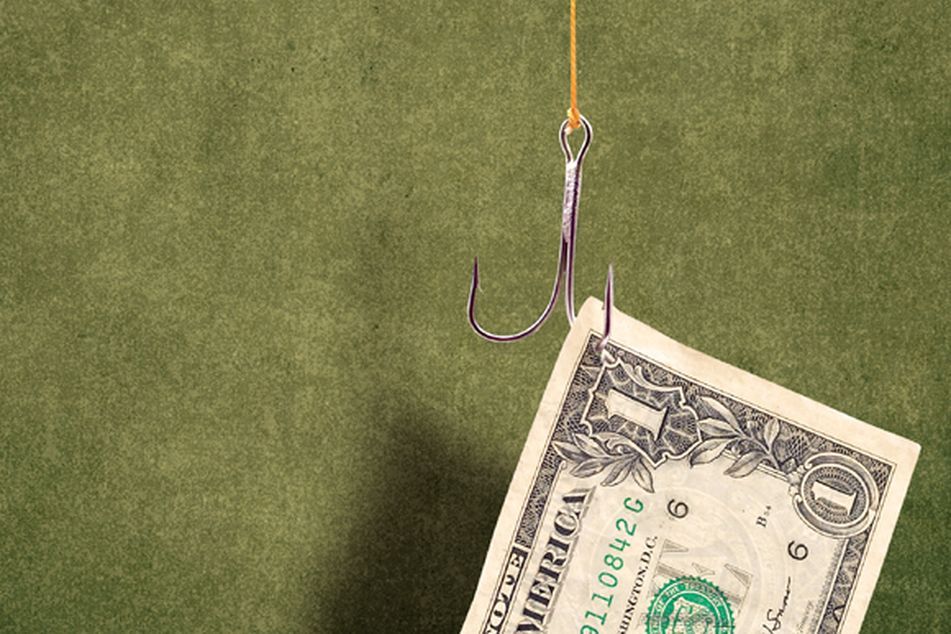Reps, advisers still going independent, still doing it for the dough

A Fidelity survey finds advisers and brokers are still striking out on their own. And they're taking more and more of their assets with them when they leave.
Some things never change.
Among financial advisers, a long-standing trend of going independent is still in place, and most of those who are considering doing it still say it is for the money, according to Fidelity Investments’ 2011 Broker and Advisor Sentiment Index, a survey of 1,046 U.S. investment professionals conducted in late 2010.
More than half the brokers and advisers surveyed said that in the current economic climate, the independent model has become more attractive, and 70% expect it to have the highest earnings potential of all business models over the next 18 months.
Looking ahead, 6% of brokers say that they are likely to switch firms within the year, with 63% of those saying they will move to an independent business model. The main motive for making the move: better pay, they said.
Seventeen percent of brokers and advisers said they did switch firms in the past three years, with 69% joining an existing firm. The biggest reason was that they were not happy with changes in the firm’s direction, which 43% chose.
Brokers have become more effective in taking assets with them when they switch firms. On average, those who recently switched said they took 70% of their client assets with them, up from 61% in 2008. The top reason for not taking all their client assets was because it was the adviser’s choice to leave some behind.
Unsurprisingly, brokers and advisers called themselves more satisfied with their careers than they were during the bear market of 2008: Fidelity’s Career Satisfaction Index rose to 7.4, an all-time high for the index, up from 6.9 in 2008.
“The secular shift to independence has been going on for some time,” said Sanjiv Mirchandani, president of National Financial, a Fidelity Investments company and the nation’s second largest clearing platform, in an interview. “One thing that has changed is that satisfaction has bounced back, which is logical. Brokers were having a rough time in 2008.”
Another change is that more brokers who go independent are taking some colleagues with them.
“While the absolute number of brokers going independent has normalized to pre-2008 levels, we are seeing a greater number of large teams making the transition, driven, in many cases, by the growing number of options available,” said Scott Dell’Orfano, executive vice president of Fidelity Institutional Wealth Services, the nation’s second largest RIA custodian, in a press release.
The market downturn caused a shift in how advisers approach their businesses, with 57% saying they now spend more time with their top clients, 29% saying they spend more time on compliance, and 18% say they have partnered with another adviser to create economies of scale.
Around half (48%) said they expect a net negative impact on their business from coming regulatory changes.
Learn more about reprints and licensing for this article.






